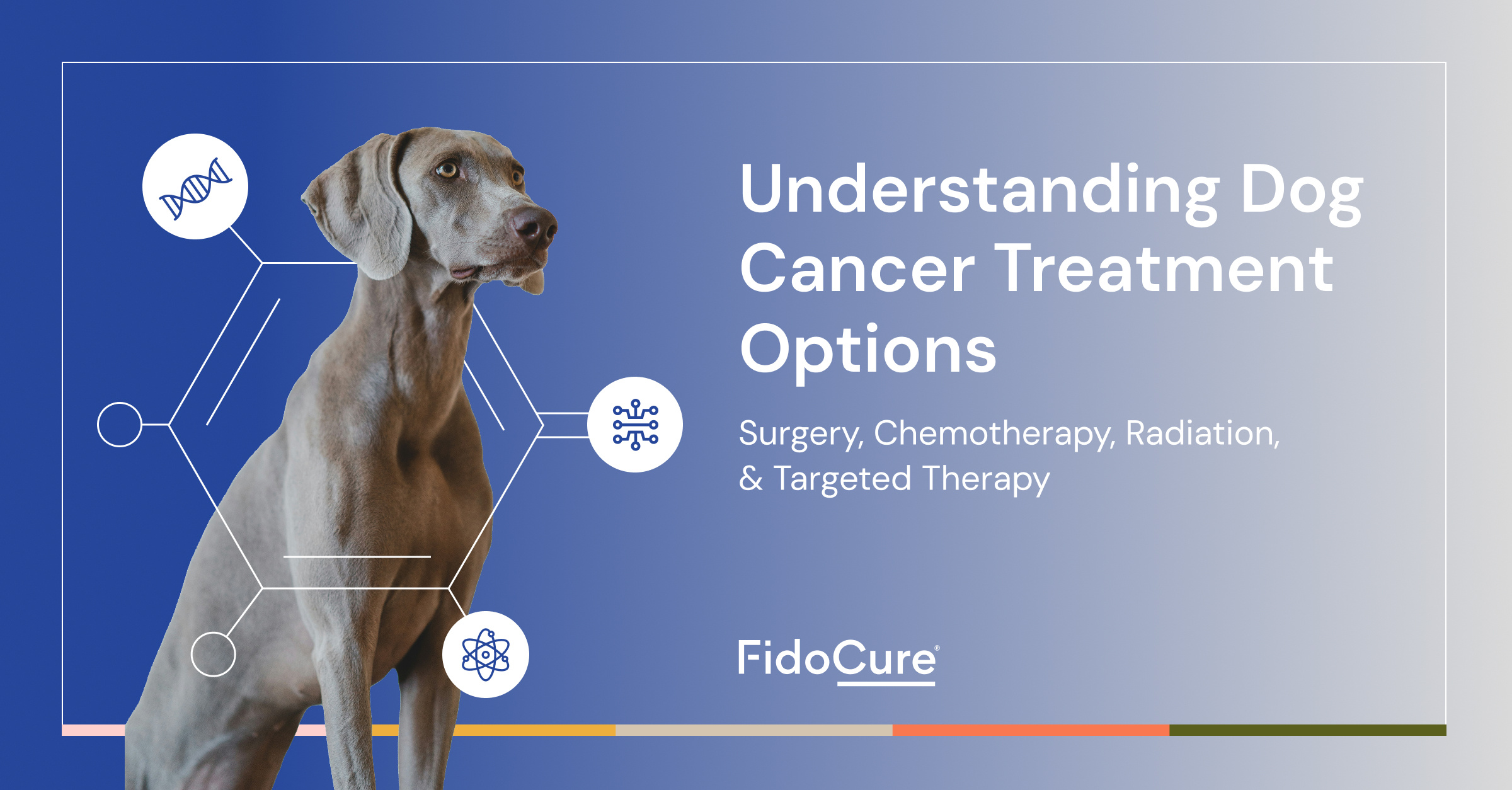AI-Driven Cancer Care
With 6 million new cases diagnosed annually in the United States alone, cancer is the leading cause of death for dogs. Cancer is a multifactorial and complex disease. For decades, the approach to treating canine cancer has been marked by limited options and a reliance on broad-spectrum treatments that often fail to account for the unique genetic profiles of individual cases. However, with our AI-driven precision medicine platform, we are positioned to shift the current canine cancer paradigm.
Our clinico-genomic canine cancer database, which is the largest of its kind and contains over 2 billion data points from dogs with naturally occurring cancer. This extensive database allows for a comprehensive analysis of not only a dog's genetic information but also their entire life history. Using advanced AI technology, we analyze this vast database to uncover valuable insights that enable us to identify connections between genetic mutations and potential therapeutic targets in tumors.
The Advantages of a Data-Driven Methodology
- Personalized Treatment Options: FidoCure empowers veterinarians to provide treatment recommendations that are specifically tailored to the genetic profile of each dog's cancer. This personalized approach eliminates the challenges of broad-spectrum therapies.
- Increased Treatment Reliability: By relying on a robust database of real-world data, veterinarians can select therapies that have been shown to be effective for specific conditions.
- Improved Patient Outcomes: The ultimate goal of FidoCure's approach is to enhance the quality of care for dogs facing cancer. By providing veterinarians with scientifically driven insights, we aim to improve treatment efficacy, reduce side effects, and offer hope to dogs and their owners.
The future of veterinary oncology is evolving towards a more precise and personalized model of care. At FidoCure, we are committed to advancing cancer treatment for dogs by leveraging data to inform clinical decisions. This AI-driven precision medicine approach not only enhances the quality of care but also provides a pathway for better outcomes in canine cancer treatment.
As we continue to explore the depths of our clinico-genomic database, we remain dedicated to improving the lives of dogs battling cancer. Together, we are fostering a future where every dog has access to effective, individualized treatment options, ensuring that they receive the best possible care in their fight against cancer.

.png)
